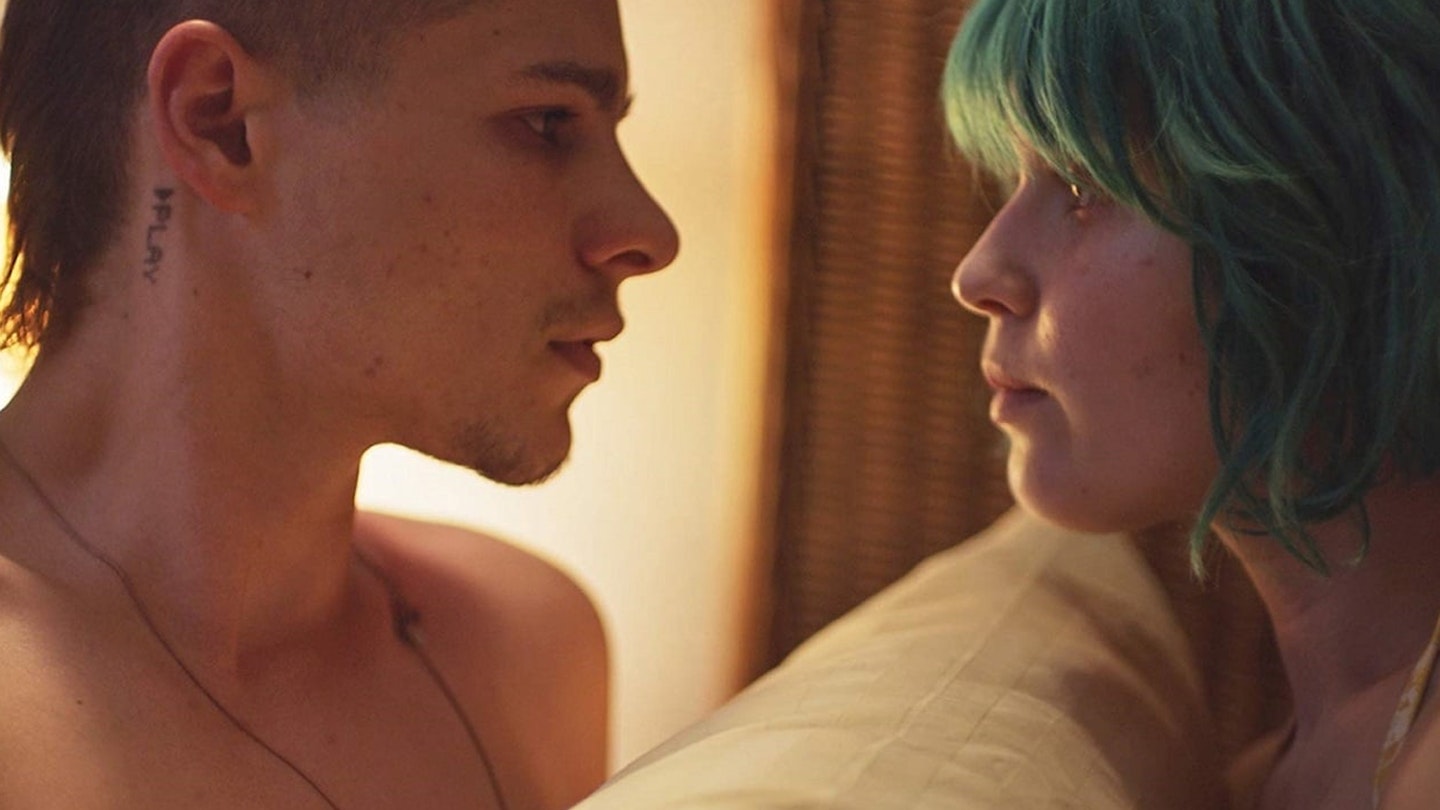As far as the ‘lovestruck teen with a terminal illness’ subgenre goes, there’s usually more mawkishness than insight, and more predictability than lived-in feeling. Not so for Shannon Murphy’s directorial debut Babyteeth, a lovely and vitality-infused story of an Australian teenager whose cancer diagnosis and doctor’s visits are never shown to the audience. Instead, her illness provides a backdrop for the events which unfold, including a blossoming and troubled romance between the headstrong Milla (Eliza Scanlen, Little Women’s Beth) and Moses (Toby Wallace), a face-tattoo-sporting tearaway with a drug problem who’s been kicked out of his house. The jolt of chemistry between them is instant and unyielding — not to mention inauspicious, given that at one point Moses decides he’s going to rob Milla’s family for drug money. Wallace makes Moses curiously enticing in spite of his bad behaviour, with liquid brown eyes that flash with unwitting tenderness even as he postures.

Meanwhile, in the antiseptically tasteful interior of Milla’s home, her parents — the phenomenal pairing of Essie Davis and Ben Mendelsohn — are falling apart, both alone and together, with mother Anna on a cocktail of heavy medication. Mendelsohn’s Henry presents a facade of stoicism while entertaining wild fantasies of escape. Milla refuses to act ‘sick’. Each lashes through cycles of resentment and pain. Family strain is only heightened by Moses’ appearance on the scene, but the pair of kids are inexorably drawn to one another, finding it impossible to keep away even when heavily warned off by their elders.
Murphy’s film is more concerned with the business of living than of simply surviving.
When Milla’s parents relax their usual rules, seeing how much happiness Moses seems to bring their ailing daughter, they must also submit to the chaos he invites into their lives, resulting in some genuine discord. Within that discord, though, the seeds of genuine experience sprout up, allowing Milla to dance, party, and kiss her way through young adulthood, only sometimes interrupted by the awful effects of chemotherapy. Shannon Murphy films her actors in a series of loving close-ups, rapturously playing with colour and light to prettify scenes. The result is aesthetically appealing, if a little bit wilfully quirky. Still, the emotional framework of the film is solid: Moses, Milla and the two adults form their own fragile family bonds, loving and fighting one another with equal ferocity.
In the final analysis, Murphy’s film is more concerned with the business of living than of simply surviving, eschewing painful medical details for a joie de vivre which does occasionally drift into the twee or the overemphasised. Towards the final act, poignant moments linger a little too long, or Milla bursts into spontaneous dancing one time too often. But the power of the performances makes for a deeply moving viewing experience — and a devastating one.
